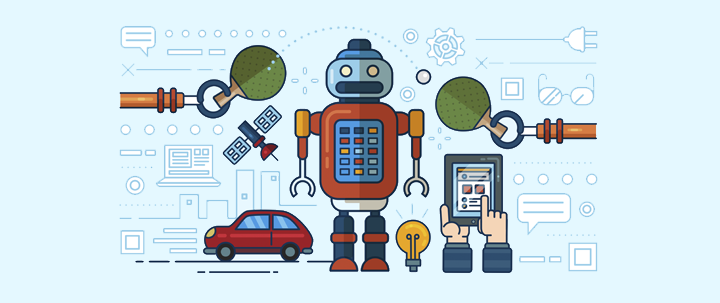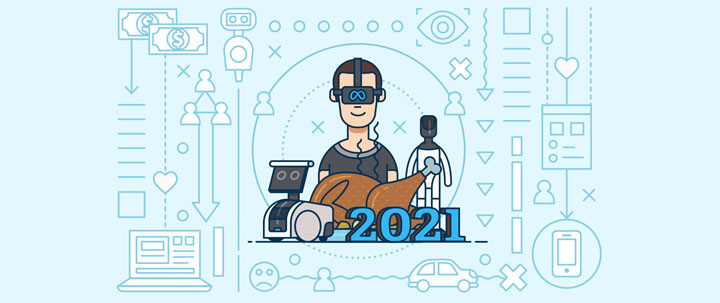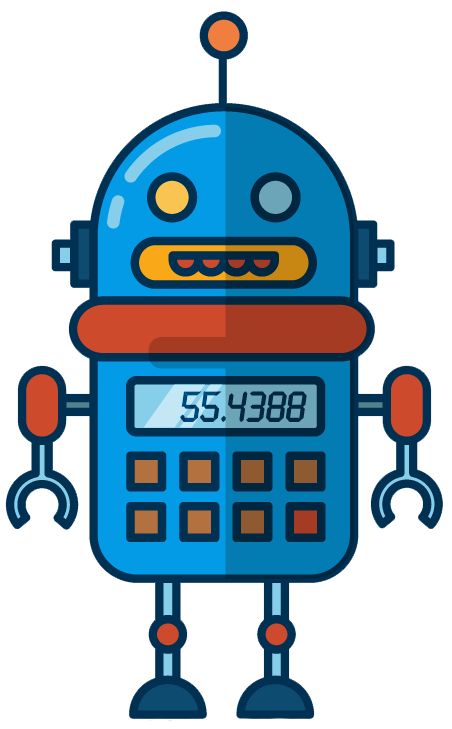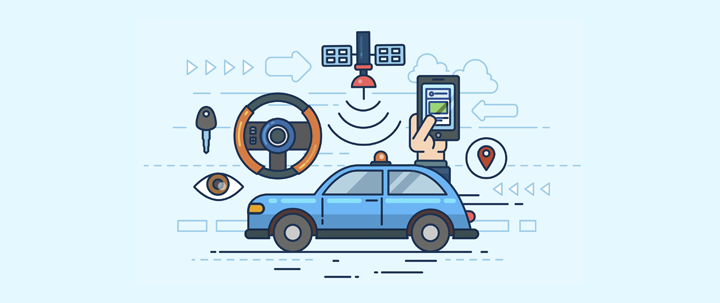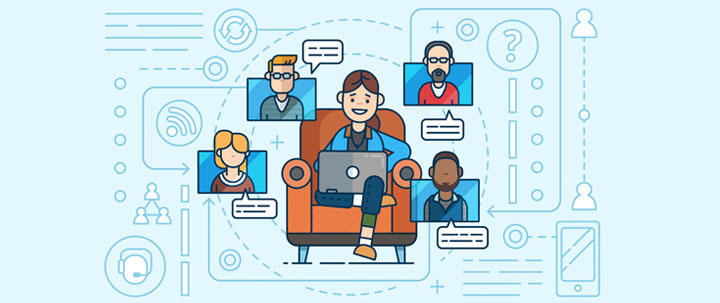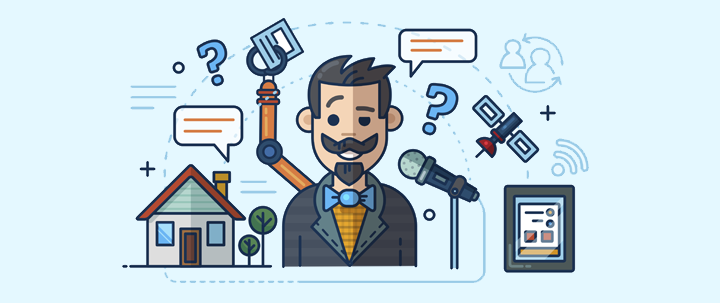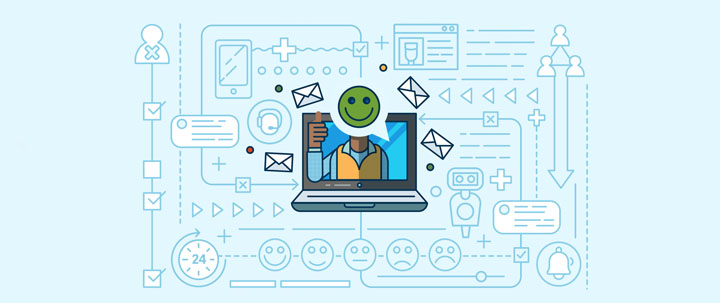by Josh Bradshaw (our man in Silicon Valley)
Several years ago, while implementing tech solutions at Blackrock (NYSE: BLK), someone complained to me that they felt so overwhelmed by the rapid pace of tech innovation that they were starting to feel like they worked for the technology we were implementing. This, for some reason, rubbed me the wrong way so I quipped back: "Don't work for technology, make technology work for you".
That off the cuff remark has become my life's goal and career motivation: To find ways to make technology work for our benefit and to ensure that the experience is seamless. Over the past five years, we’ve advanced to a point where robotics, and especially cognitive robotics, can work for us.
To truly explore what this means, I've explored deep into robotics, Artificial Intelligence and many new and not so new technologies. I've had to look back into the history of robotics to learn how they're shaping technologies of today.
But First, a Bit of History.
It's easy to think that robots are a recent invention. In fact, the history of robotics stretches back over 2000 years.
400 to 350 BC
The first commonly accepted "robot" was a steam-powered "pigeon", created by ancient Greek mathematician Archytas. His ancient robot-bird was able to fly about 200 yards before running out of steam.
The ancient Greeks, as it turns out, were a bit obsessed with what they called "αὐτόματον" (automaton), which means "acting of one's own will".
Aristotle speculated that automata could someday bring about human equality by enabling managers to not need subordinates because each machine would do its own work by intelligent anticipation. In other words, Artificial Intelligence (the ancient Greek version).

Fast forward to 1889. Nicola Tesla creates a remote-controlled torpedo boat. When asked about the boat's potential as an explosive-delivery system to sink ships during wartime, Tesla retorted, "You do not see there a wireless torpedo; you see there the first of a race of robots, mechanical men which will do the laborious work of the human race."
Tesla saw his wireless torpedo as having a "borrowed mind," because it responded to orders from a distant and intelligent operator. Tesla believed that one day we would be able to endow machines with their "own minds," so that they could react to environmental stimuli on their own accord. In other words, Artificial Intelligence converging with robotics (19th-century version).
Fast forward to the 21st century and we now have Nasa’s Astrobee robot set to be shipped up to the international space station. We see in this robot some of those same desires expressed by Tesla in the 1880's, but using far more advanced technology. This robot is full of sensors and cameras that are controlled by someone on earth miles and miles away from where it's responding in the international space station.
This robot will be doing amazing things while propelling the advance of space discovery. But what is the next step?
Untethering
The father of modern-day robotics, Robert Engelberger, invented a robot called "Unimation" in the early 1960's which was key to doubling GM's manufacturing capacity. So since the 1960's, we've been driving in cars that were made by a whole bunch of robots. But soon this paradigm will shift. We will not only be riding in robot made cars, we'll be riding in robot-driven cars. The ghost indeed will be in the machine. Imagine doubling the capacity of several key metrics in your industry with cognitive robotics.

The Near Future
June 2017 was a big month for investments in robotics in Silicon Valley, particularly in companies that are working on Artificial Intelligence for autonomous vehicles. This really represents a transitional point in robotic advancement.
In the past, we've created transactional type robotic automation for simple and repetitive tasks like picking up a screw and placing it in the same exact spot over and over.
More than any other time in the past we now have Artificial Intelligence converging with Robotics as an everyday reality. We are transitioning into what we can call "cognitive automation".
Cognitive robots can already tell the difference between a screw and a coin but soon they will understand that the coin they're holding has a certain value and they will begin to make their own decisions based on that.
As self-driving cars hit the road (any autonomous vehicle is an AI robot by definition), the world around us will have to take a new direction. There will be what can be called a "robotic effect" in everything from real estate, to how we get our groceries or interact at work and where we go to eat (robotic restaurants without human servers, stores without human cashiers). Some are concerned we’ll have to face the real possibility of living in a society that has had to embrace universal income as a way to cope with rapid technological advances in robotics and AI.
We'll also have to start asking certain questions to our IT professionals and entrepreneurs about how customer service and IT support will look in a world without traditional offices, stores or even supermarkets because now all we need are self-driving vans with delivery robots. How will IT ticketing evolve in this brave new world? Will it be these smart robots with advanced AI algorithms who will be placing IT and repair tickets for other robots? Will these new android help desk managers indeed "Dream of Electric Sheep"?
How will AI & cognitive robotics change the helpdesk of the near future?
I would like to know how you as an IT professional, small business owner or entrepreneur plan to harness this wave of smart robotic technology enabled by the transition from transactional to cognitive robotic automation so that it works for you, your business and your customers.
It's all about that mantra of making technology work for us and not the other way around. Our success as tech professionals and entrepreneurs (or maybe even as the human race) depends on how well we harness this transition. If we do it well, we may finally arrive at a point where we can turn Aristotle's dream of human equality into reality.
About the Author
“Don’t work for technology; make technology work for you” is Josh Bradshaw’s personal mantra. An experienced technologist and thought leader, Josh works with global teams to leverage technology for strategic advantage.

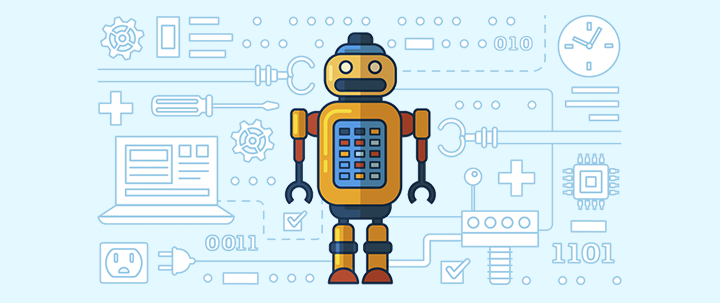

%201.png?width=559&height=559&name=close-up-women-working-with-devices%20(1)%201.png)
